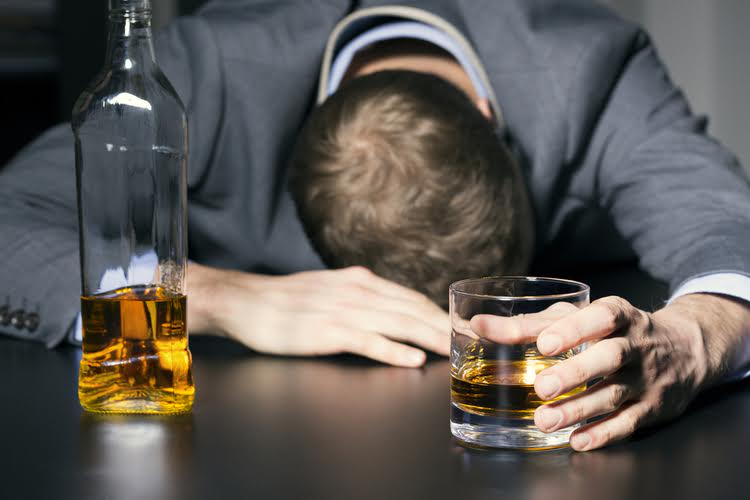If it’s too hard to control how much you drink each day, weaning might not be the right strategy. That said, there are now several medications that can help reduce your cravings and make weaning off alcohol easier. Deciding to taper off alcohol is a slower process that requires planning, but it can decrease both the chase of experiencing severe withdrawal symptoms and relapse. Vitamins B1 (thiamine), B9 (folate), B12 and C are https://yamaya.ru/yamaya-dreams/3495/ often recommended to aid recovery. These vitamins and minerals help support nerve function and overall health, which can be compromised due to long-term alcohol use. However, it’s important to consult a healthcare provider before starting any supplements, as they can advise on the most appropriate regimen based on individual health needs.

Your Guide to Tapering Off Alcohol
- Deciding to quit drinking and following through isn’t just about willpower.
- However, the initial stages of tapering can also bring emotional challenges, as your body and mind adjust to lower levels of alcohol.
- You can start building the foundation for a happy future by going to rehab for alcohol.
- Stopping alcohol can be rewarding, but it’s not without challenges.
- By avoiding alcohol, you’re taking a big step toward improving physical health.
- Before you attempt to quit alcohol, it is critically important that you first consult with a medical professional.
Learn 18 ways to keep your mind occupied while facing alcohol withdrawal. As you navigate this question, it can be helpful to think about how you typically prefer to approach change. Metaphorically speaking, do you like to dip your toe in first, or cannonball right in? As long as safety precautions are taken, there’s no wrong way to begin a sobriety or moderation journey.
What does drinking alcohol do to your body?
Keep in mind the reasons you chose to cut back on or quit alcohol. At the end of the day, one of the most important tools you have at your disposal http://www.redov.ru/kompyutery_i_internet/kompyuternye_sovety_sbornik_statei/p40.php is self-compassion. Instead of criticizing yourself for having a hard time or slipping up and having a drink, remember that no one’s perfect. What matters most is your ability to maintain an open, curious outlook as you learn what does and doesn’t work for you. Maybe you don’t think you depend on alcohol exactly, but you still wonder whether you might be drinking too much. Tapering can help you overcome alcohol dependence, which is a side effect of chronic alcohol use that causes cravings and withdrawal.

Saved Costs and Time

Below I share some key information so you can determine if weaning off alcohol is right for you. When you detox from alcohol, you may feel withdrawal symptoms, especially if you’ve become physically dependent on alcohol. A self-detox can be dangerous because you don’t have access to medical care for the most severe symptoms of alcohol withdrawal.
Check in with your body for signs of detox

Another clue that can be https://www.narcom.ru/cabinet/online/73-1.html an indication of an unhealthy relationship with alcohol is if you make “rules” around drinking. Therapy can help you understand why you drink and learn new habits so you can live a healthy lifestyle that doesn’t rely on alcohol as a crutch. It can also help you gain a new perspective as you consider how your life will change without alcohol. A sober life doesn’t have to mean more time at home as you try to block out triggers. It can mean more time for your other interests, and even new interests. More time to meet new people, catch up with old friends and try new things.
- Establishing new habits and routines, and dealing with the underlying causes of your drinking habits, are essential to lasting recovery.
- It’s best to reduce your drinking by a small amount each day to avoid the shock to your system.
- If you have 20 or more drinks per day, they suggest one drink per hour the first day, every hour and a half the next, then reducing by 2 drinks per day after that.
Accessible Ways to Stop Drinking Alcohol
Cautious tapering may take longer than medically supervised detox, but it will help you avoid major health problems. Whether you’re a daily imbiber, heavy drinker, or frequent binge drinker, you’re likely to experience withdrawal symptoms when you quit. Unfortunately, there’s little to no evidence that tapering off reduces the effects of alcohol withdrawal, some of which can be severe or even life-threatening.